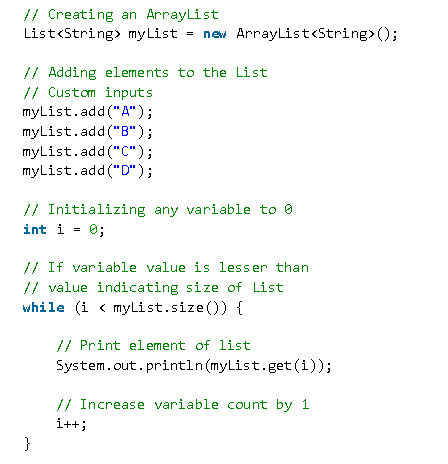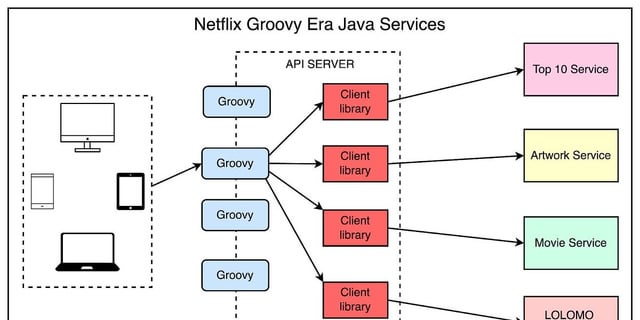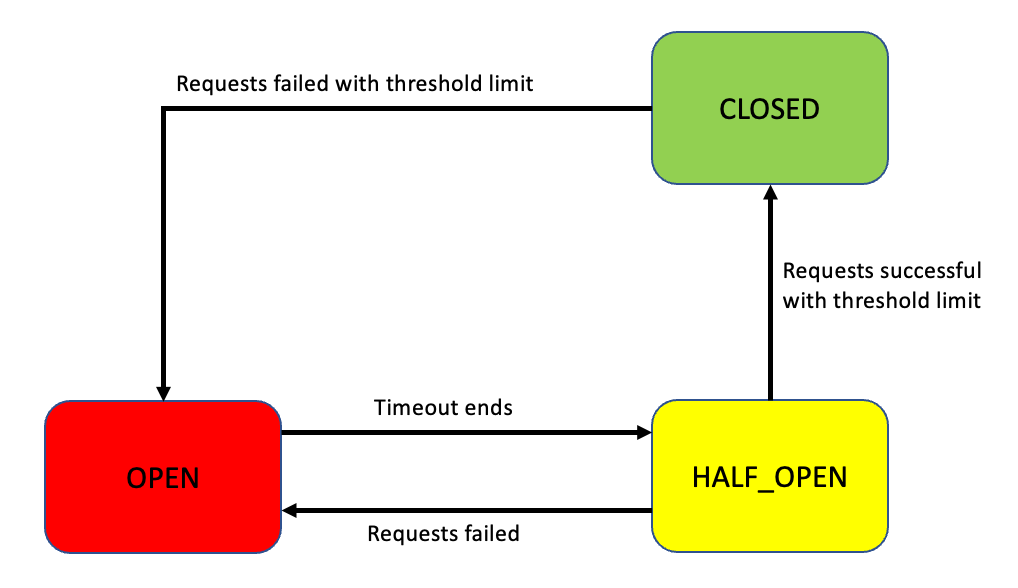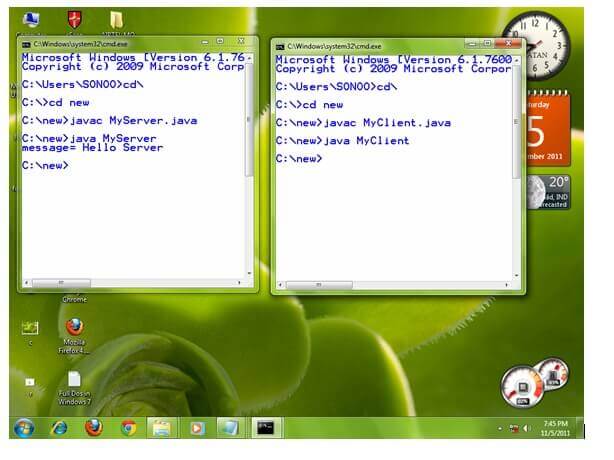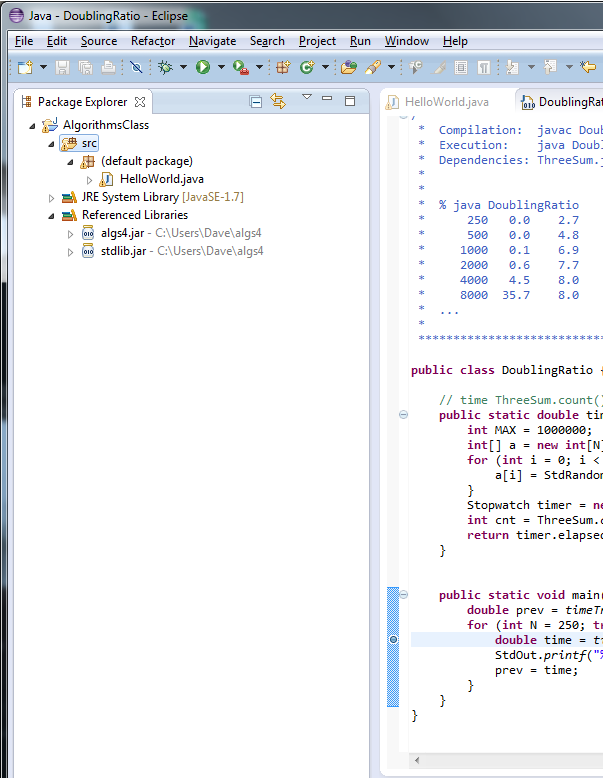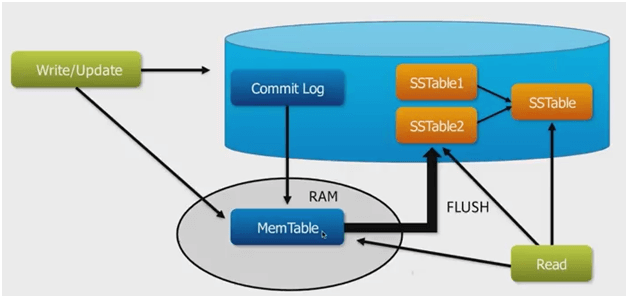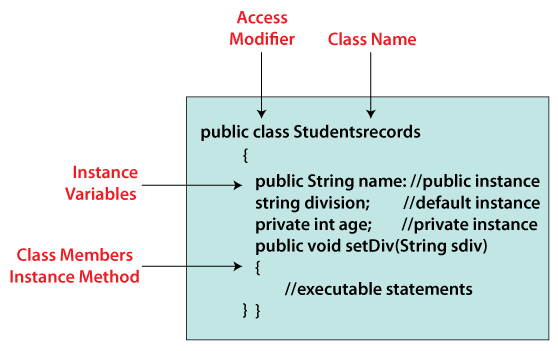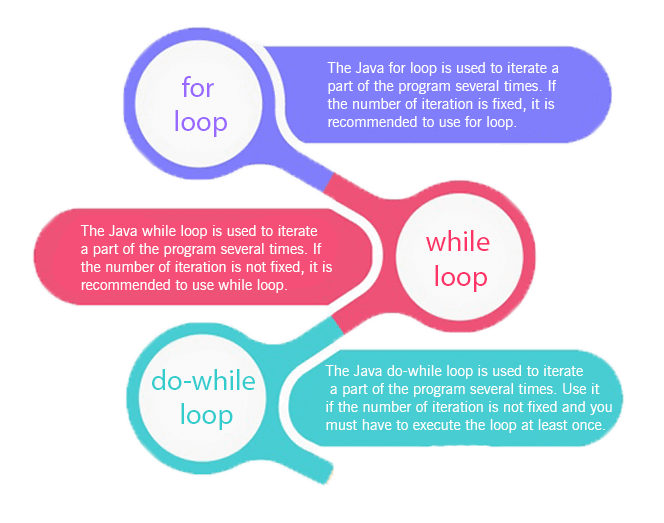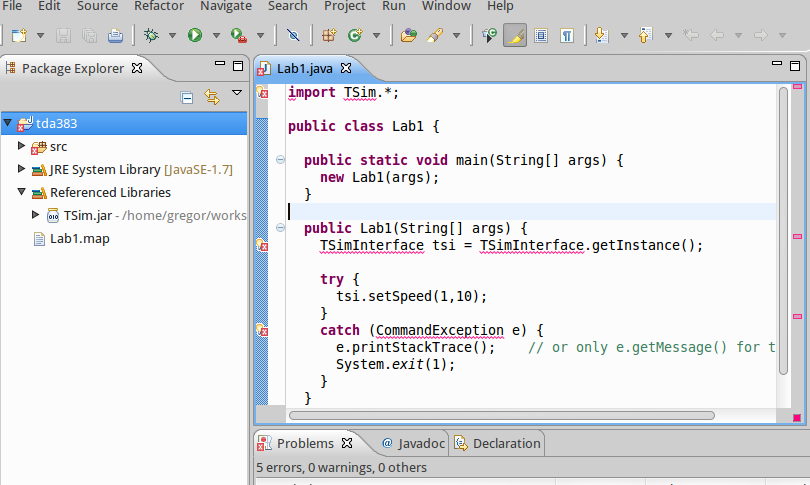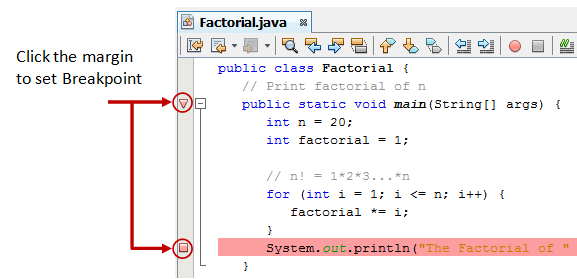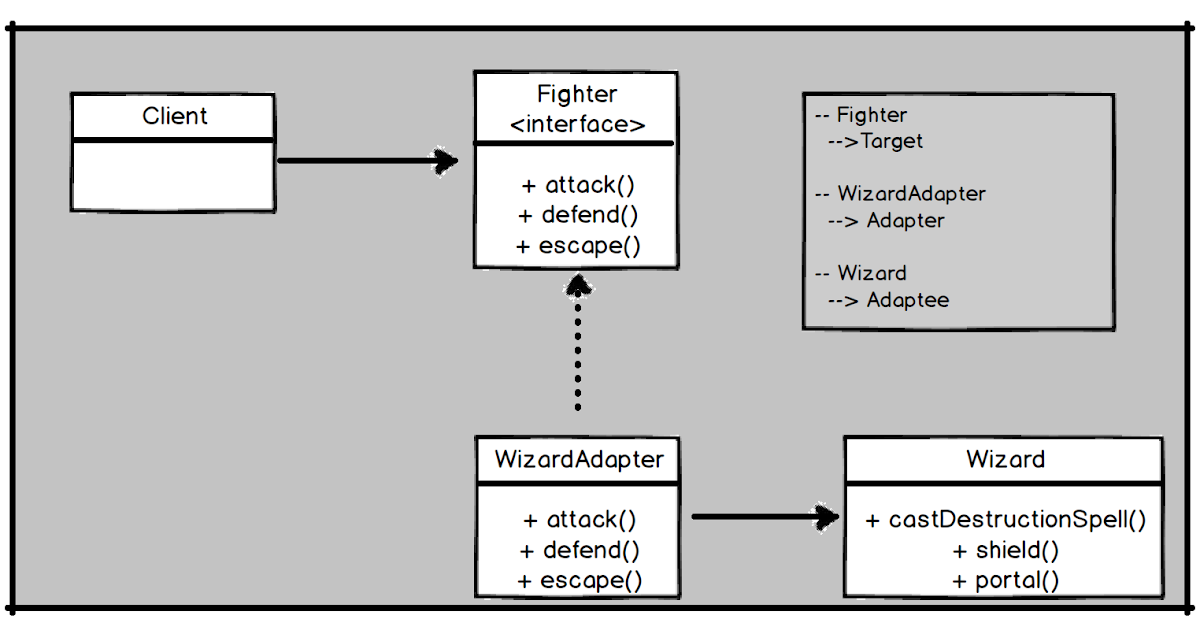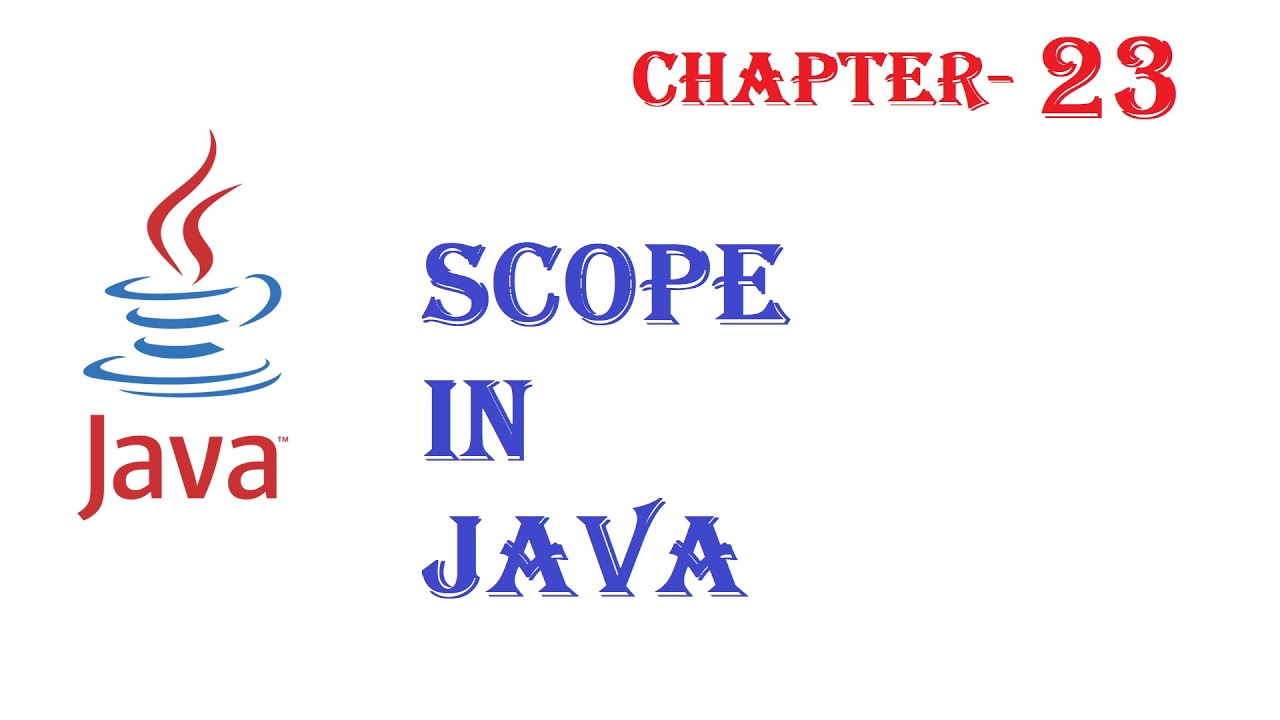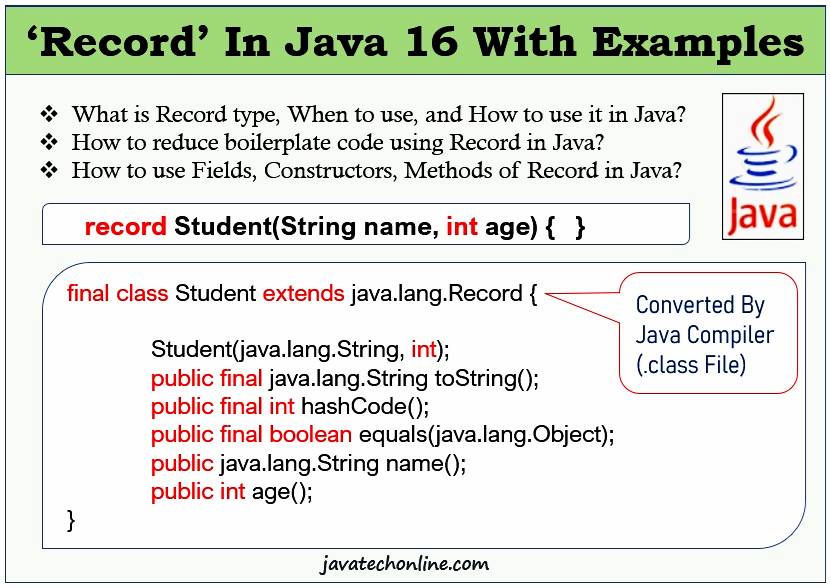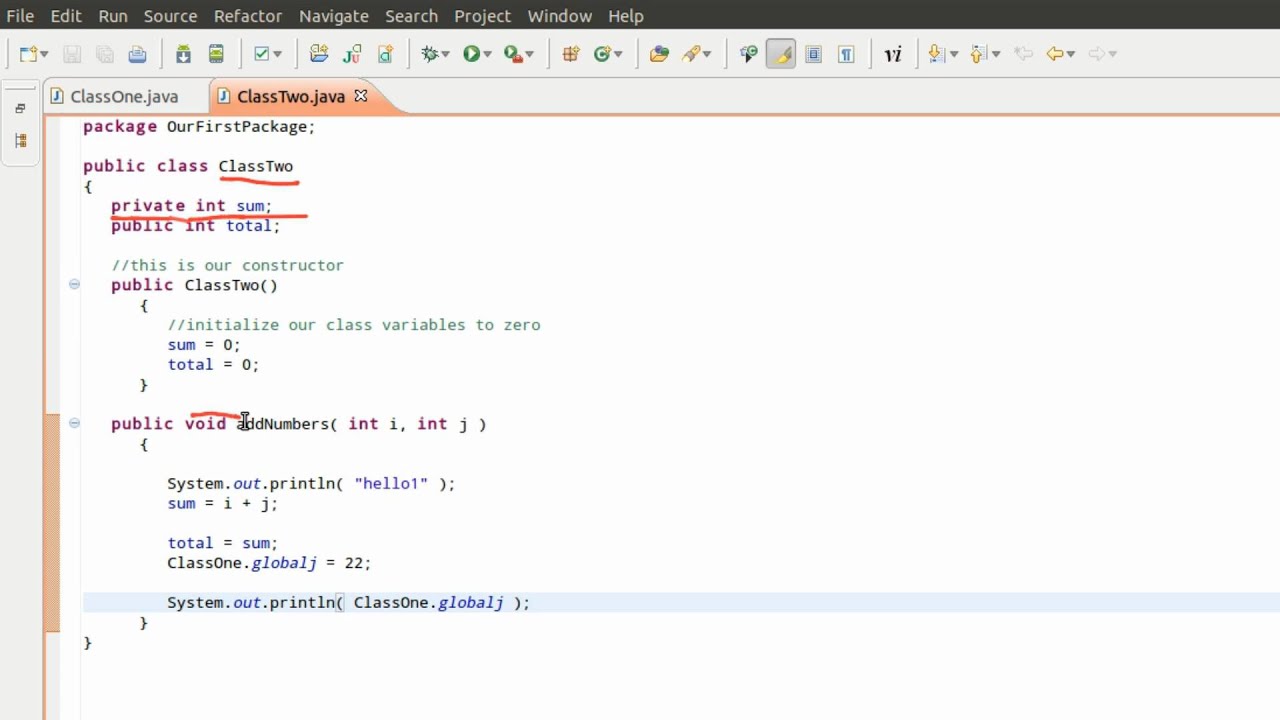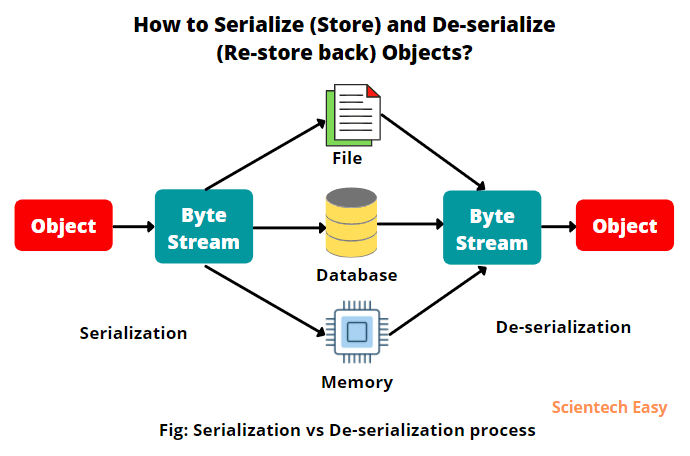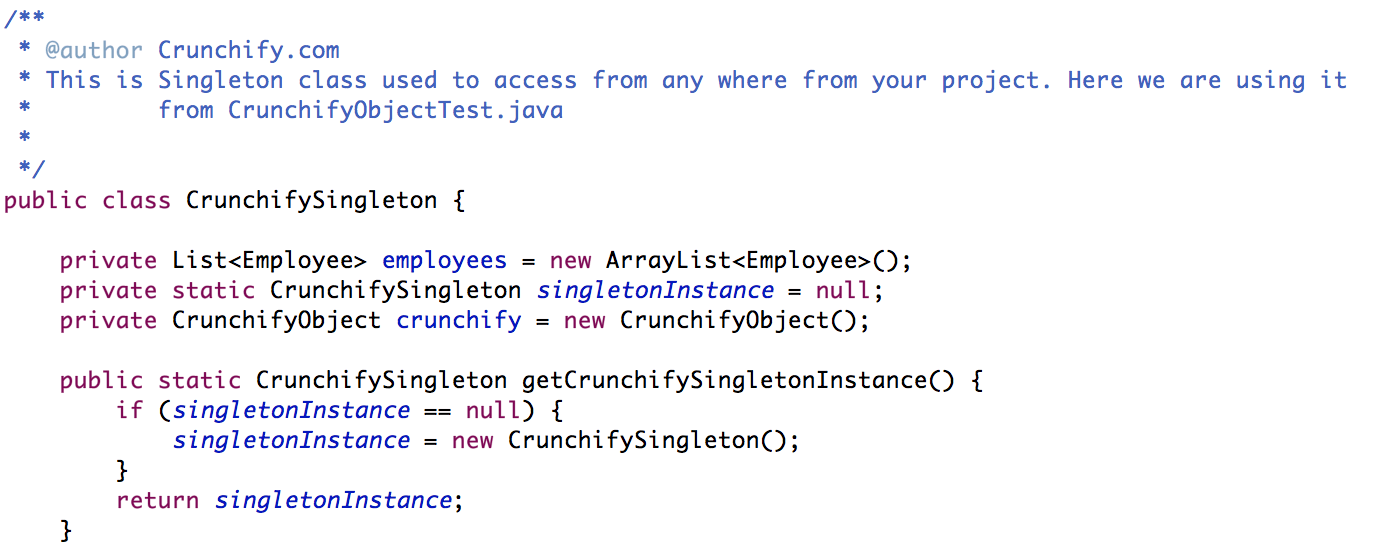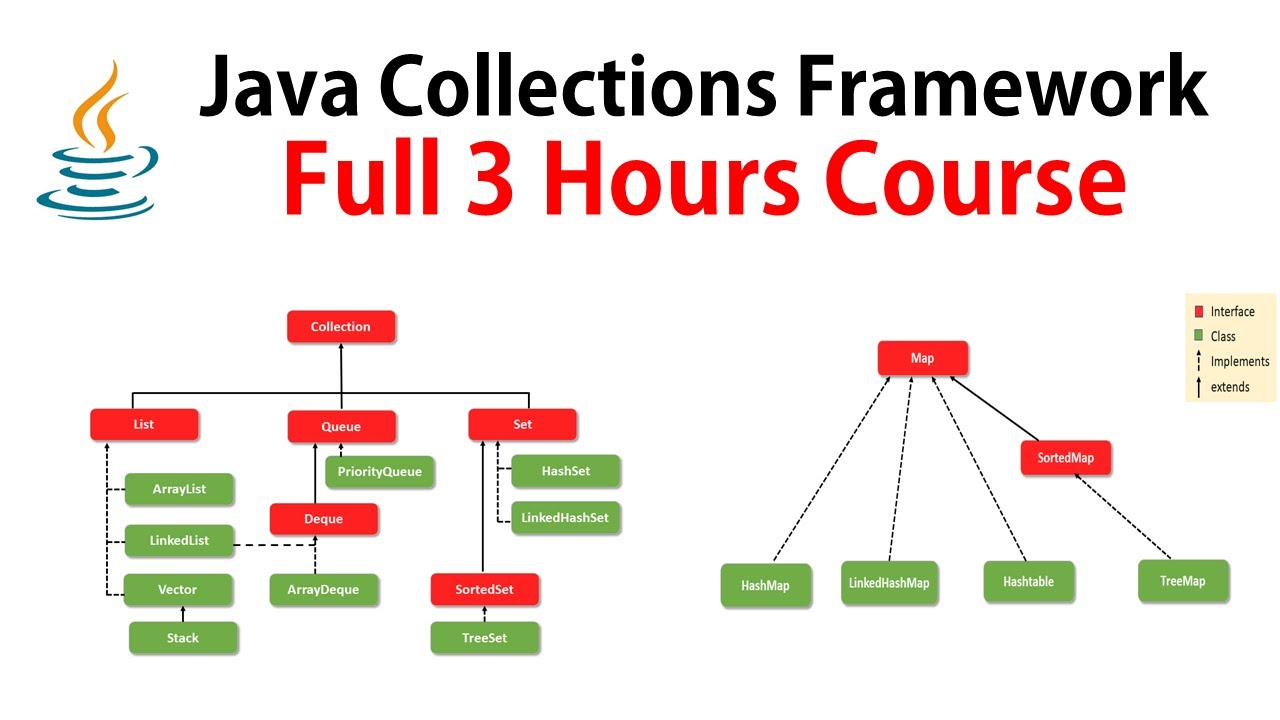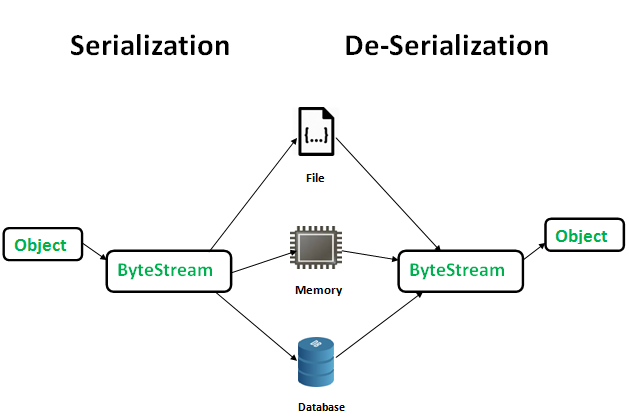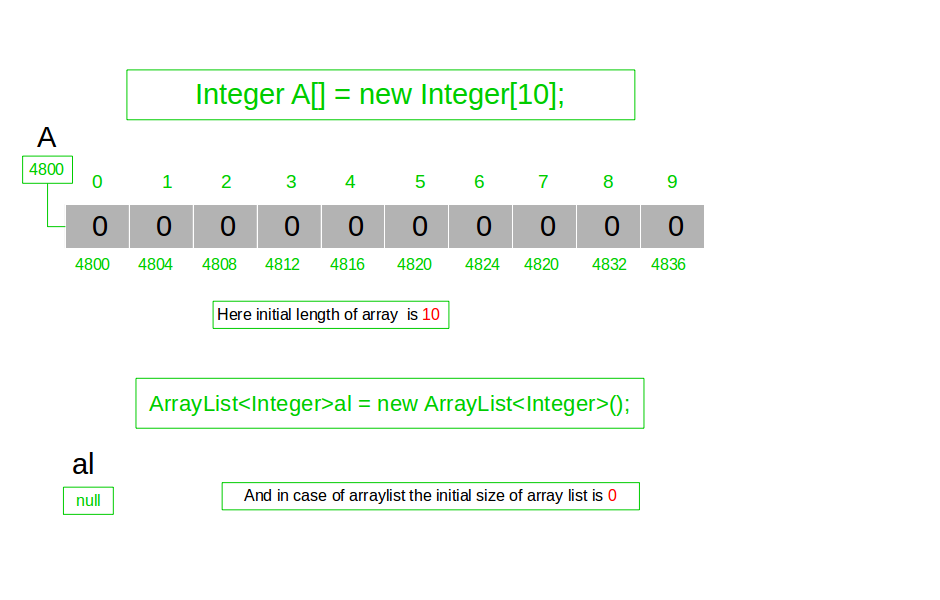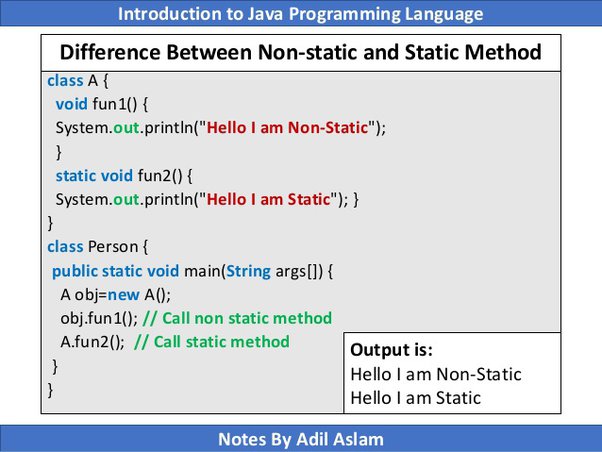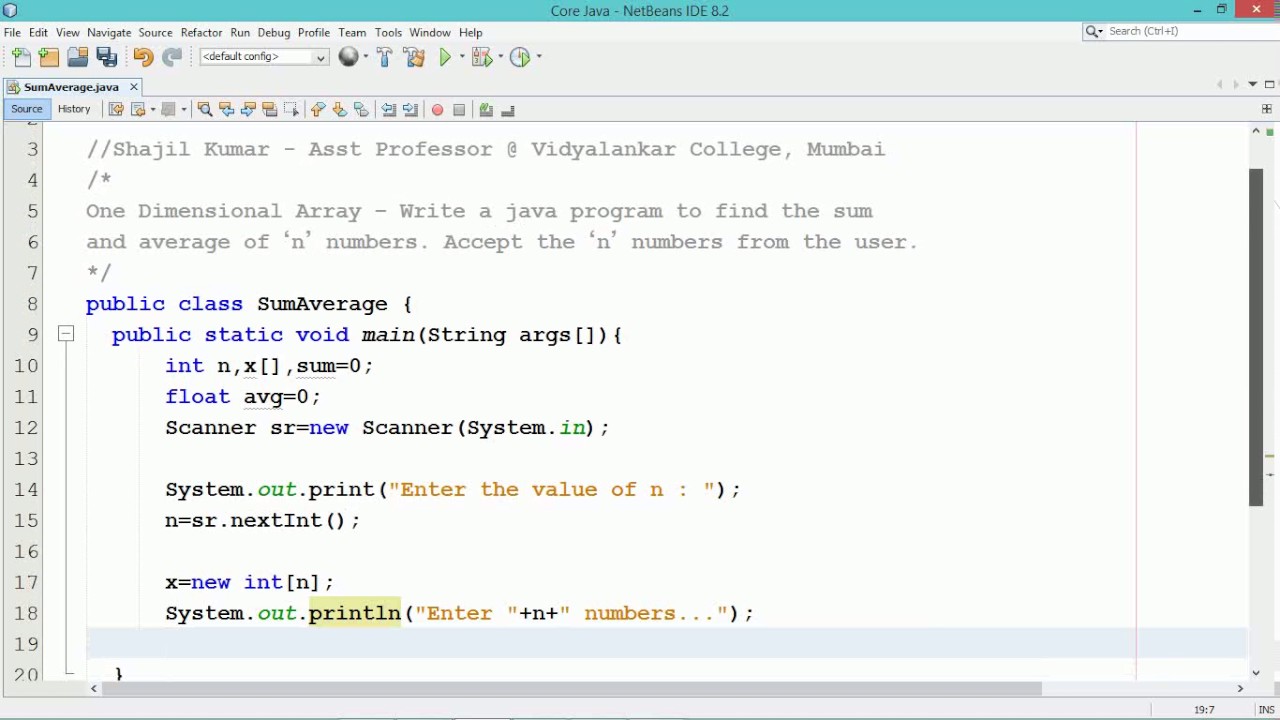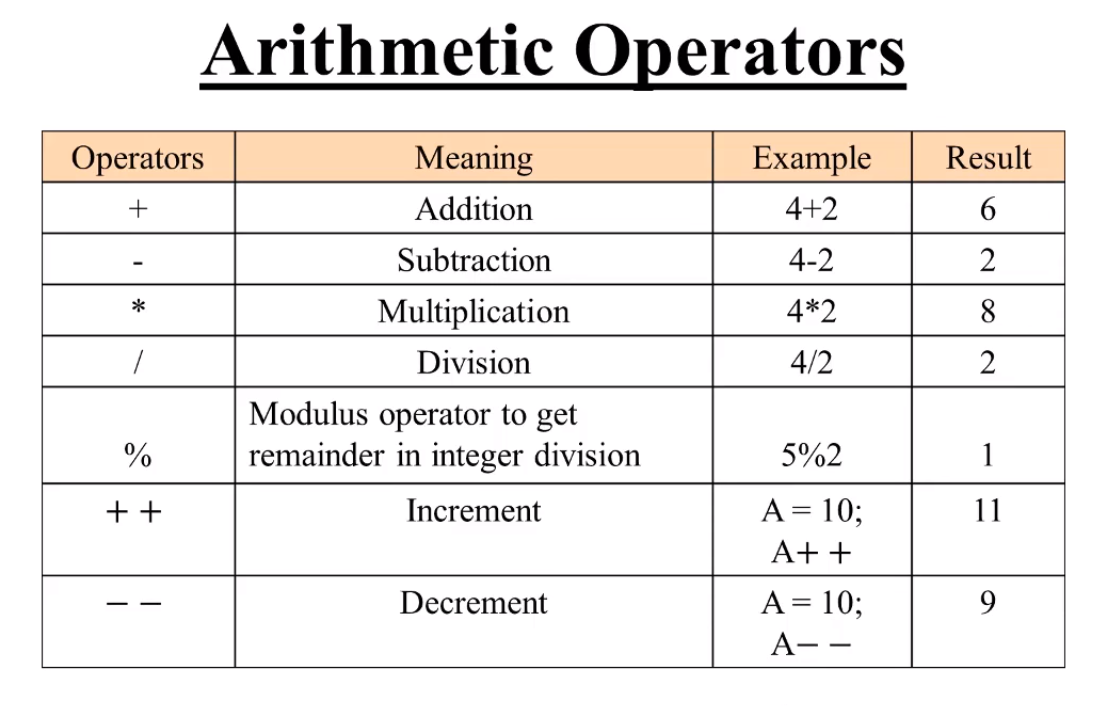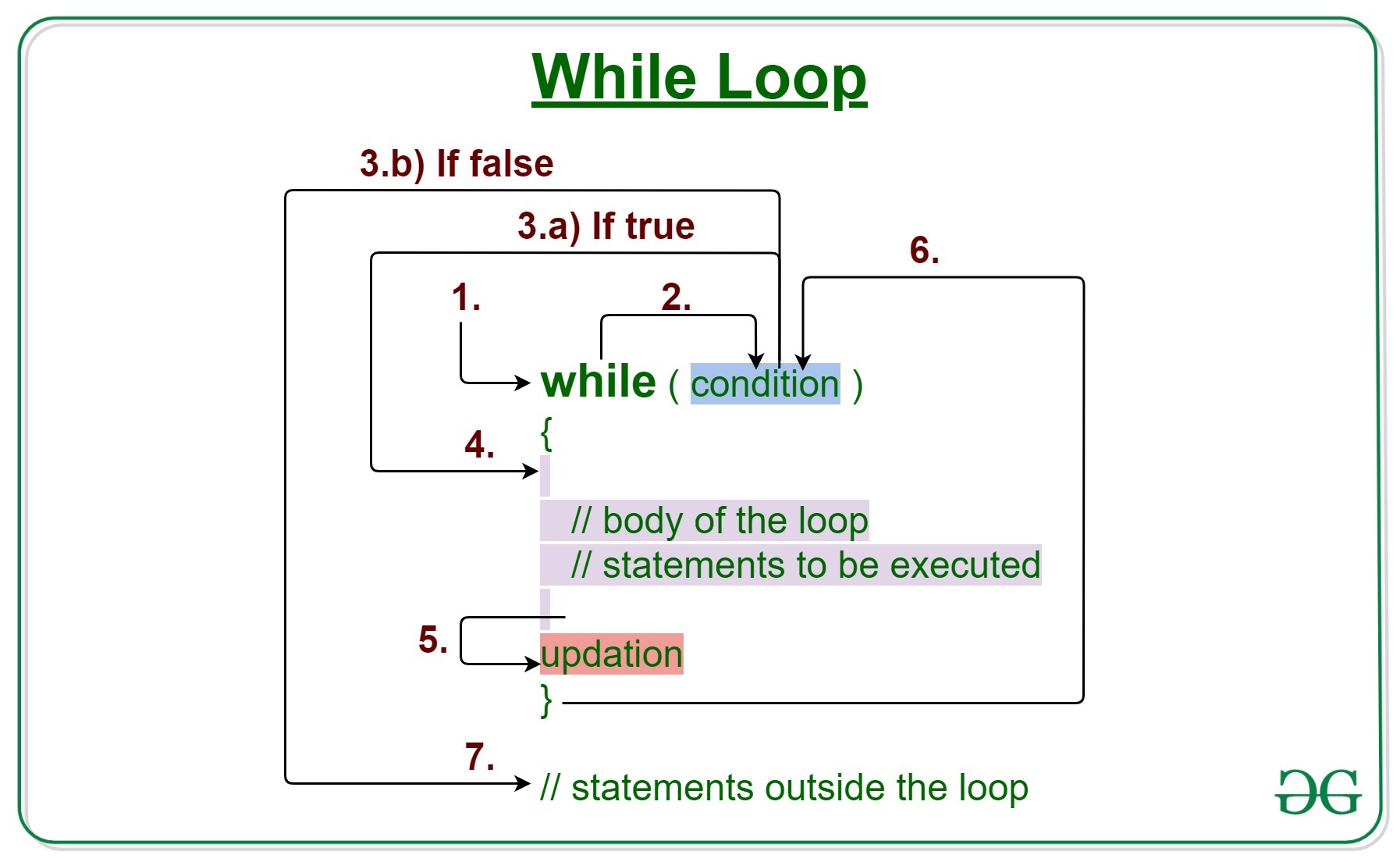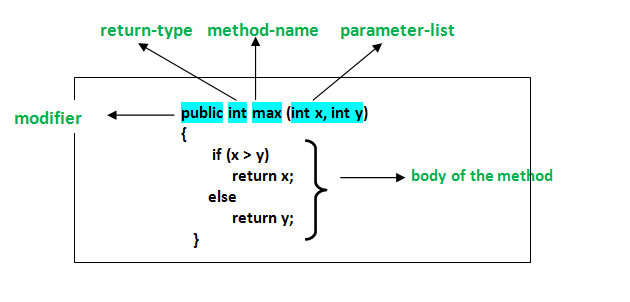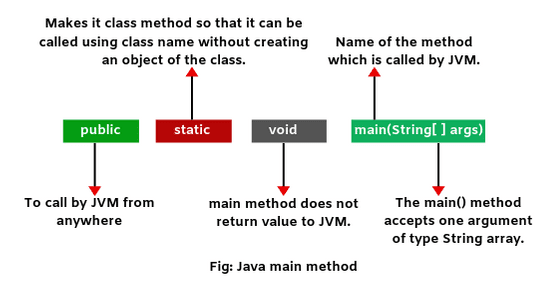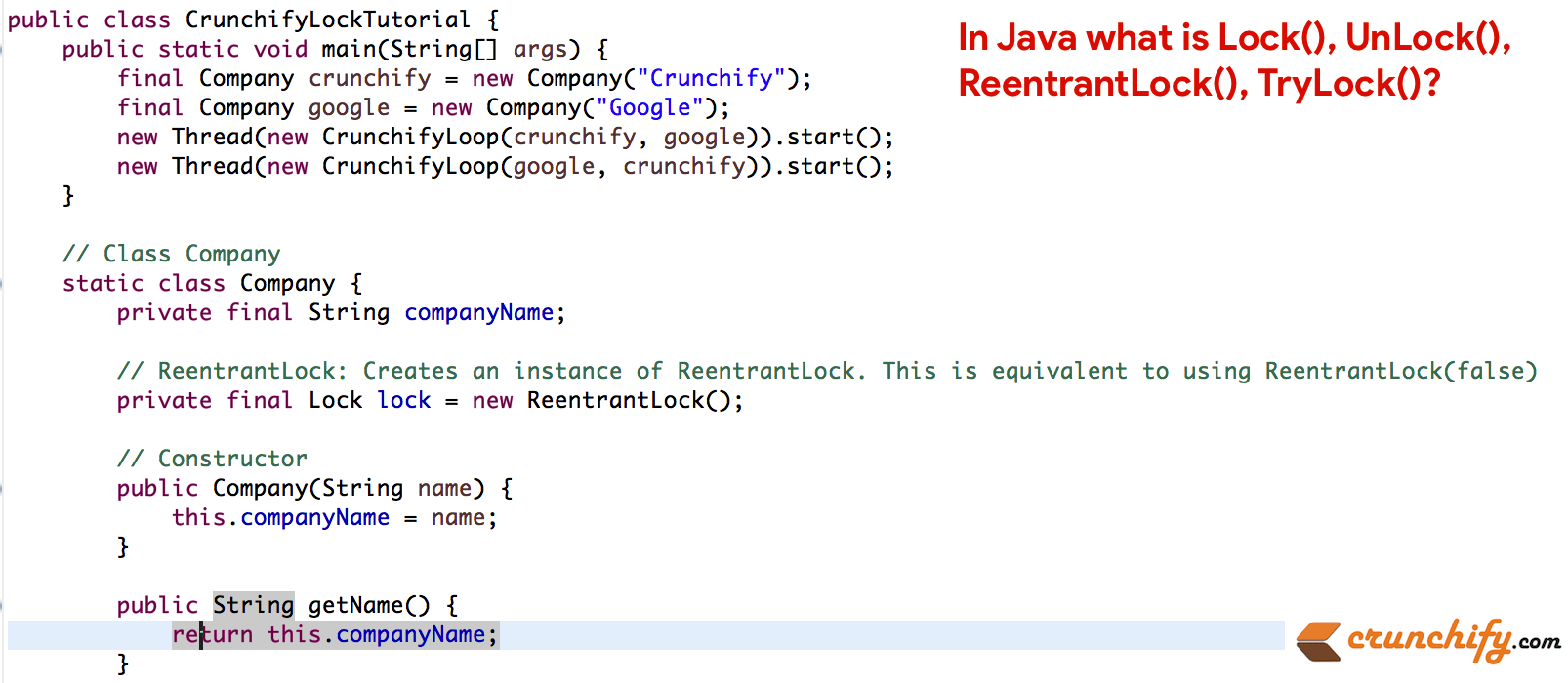Java reflection invoke method example
Java reflection invoke method example

Java Reflection is a powerful tool that allows you to programmatically access and manipulate the structure and behavior of your code. It's especially useful when dealing with dynamic, complex or legacy systems where tight coupling between components is undesirable.

Let's take a simple example to demonstrate how Java reflection can be used to invoke methods dynamically.
Consider we have a simple Calculator class with a few static methods for basic arithmetic operations:
public class Calculator {public static int add(int x, int y) {
return x + y;
}
public static double multiply(double x, double y) {
return x * y;
}
}
Now let's create another CalculatorInvoker class that uses Java reflection to invoke these methods dynamically:
import java.lang.reflect.Method;public class CalculatorInvoker {
public void invoke(String operation, Object... args) throws Exception {
// Get the Calculator class
Class<?> calculatorClass = Class.forName("Calculator");
// Get the method to call based on the operation
String methodName = "add";
if ("multiply".equals(operation)) {
methodName = "multiply";
}
// Get the Method object
Method method = calculatorClass.getMethod(methodName, int.class, int.class);
// Call the method with the provided arguments
Object result = method.invoke(null, args);
System.out.println("Result: " + result);
}
}
In this example, we use Java's built-in Method and Reflection classes to get a reference to the add or multiply method based on the operation string passed in. We then call that method using the invoke method, passing in the provided arguments.
Here's how you can use it:
public class Main {public static void main(String[] args) throws Exception {
CalculatorInvoker invoker = new CalculatorInvoker();
// Invoke the add operation with 2 and 3 as arguments
invoker.invoke("add", 2, 3);
// Invoke the multiply operation with 4.5 and 6 as arguments
invoker.invoke("multiply", 4.5, 6);
}
}
This will output:
Result: 5Result: 27.0
In this example, we're using Java reflection to dynamically call methods on a class (in this case, Calculator) based on the operation string passed in. This allows us to decouple our code and make it more flexible and reusable.
Java reflection is incredibly powerful, but it can also be complex and error-prone if not used carefully. In real-world scenarios, you'll often need to deal with exceptions, handle null or invalid arguments, and ensure thread-safety.
java reflection invoke method with parameters

I'm glad you're asking about Java reflection! Here's a comprehensive explanation on how to use reflection to invoke a method with parameters.
In Java, reflection is the ability of a program to examine and modify its own structure at runtime. It allows for dynamic behavior and is used extensively in frameworks like Spring and Hibernate. One of the most important features of reflection is the ability to invoke methods dynamically.
Let's start with an example. Suppose we have a class Calculator with a method add(int a, int b):
public class Calculator {public int add(int a, int b) {
return a + b;
}
}
To use reflection to invoke this method, we can use the Method class. Here's how:
Calculator calculator = new Calculator();Method method = Calculator.class.getMethod("add", int.class, int.class);
int result = (int) method.invoke(calculator, 2, 3);
System.out.println(result); // prints 5
In this example:
We get an instance of theCalculator class. We use the getMethod() method to retrieve a Method object representing the add(int, int) method. The first argument is the name of the method, and the second argument is a varargs array containing the method's parameter types (in this case, int.class twice). We invoke the method using the invoke() method, passing in our Calculator instance as the first argument, and the parameters 2 and 3 as the remaining arguments.
The invoke() method returns an object representing the result of invoking the method. In this case, we know it should return an int, so we cast the result to that type.
Now, let's talk about some important things to consider when using reflection:
Method signature: When usinggetMethod(), make sure you specify the correct method name and parameter types. If the method is overloaded (has multiple signatures), you'll need to use getMethods() instead. Class loading: Make sure the class containing the method is loaded in your program's classloader. You can load a class using Class.forName(). Security: When invoking methods dynamically, be careful about security concerns like method overriding or access control. Make sure you're only calling trusted code! Performance: Reflection can be slower than regular Java code because it involves dynamic lookup and invocation of methods.
Some other useful reflection methods include:
getDeclaredMethods(): Returns a list of all methods declared in the class (including private ones). invokeExact(): Similar to invoke(), but with type-safe return types. getConstructors(): Returns a list of constructors for the class.
In conclusion, Java reflection allows you to dynamically invoke methods with parameters. By using classes like Method and Class, you can create powerful frameworks and tools that can manipulate Java code at runtime. Just remember to be mindful of security concerns, method signatures, and performance considerations!

